Publications
Articles, publications, books, tools and multimedia features from the U.S. Institute of Peace provide the latest news, analysis, research findings, practitioner guides and reports, all related to the conflict zones and issues that are at the center of the Institute’s work to prevent and reduce violent conflict.
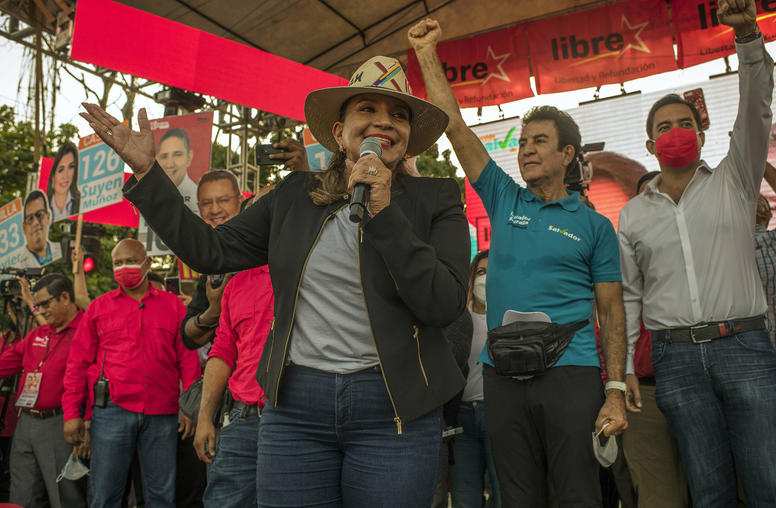
Ante desilusión frente a la democracia ¿Pueden las históricas elecciones de Honduras traer el cambio?
Los hondureños hicieron historia el 28 de noviembre al elegir a la líder de izquierda Xiomara Castro como la primera presidenta en la historia del país. En un país plagado por inestabilidad política y polarización, los hondureños también demostraron cómo se debe transferir el poder presidencial en una democracia al recibir Castro gentilmente a su oponente conservador, quien luego emitió un comunicado pidiendo "reconciliación y unidad".
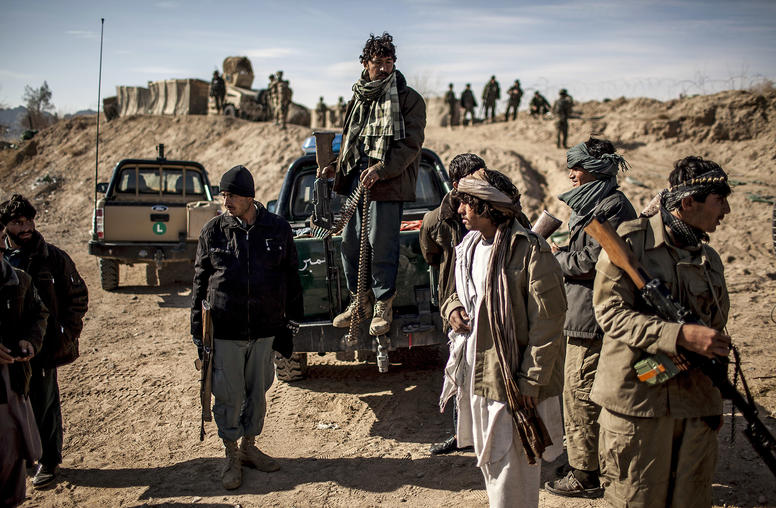
What Afghanistan Teaches Us About Evidence-Based Policy
Even as the debate over the lessons learned by the U.S. government in Afghanistan continues, several clear conclusions have emerged. One is that U.S. agencies repeatedly underestimated the time and resources needed to support a nation wracked by decades of war, while they failed to follow a consistent plan for civilian recovery efforts. U.S. personnel also lacked the training needed to be successful in the field, and monitoring and evaluation efforts did not receive the policy attention required to enable course corrections and learning.
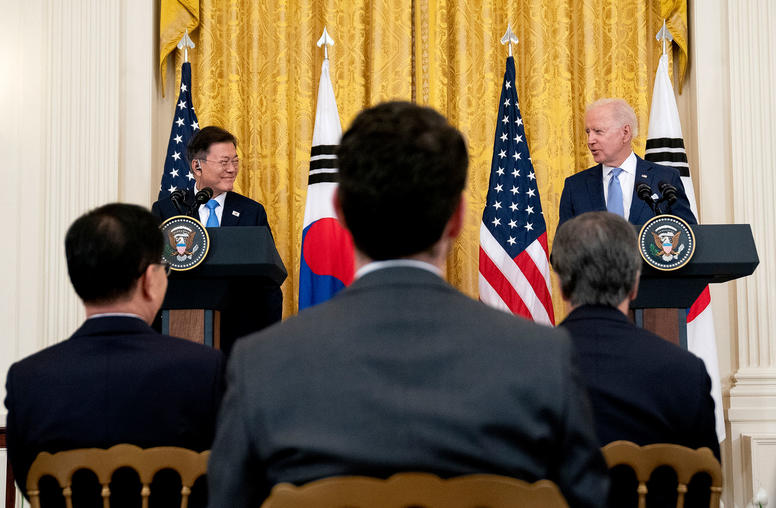
Is an End-of-War Declaration for the Korean Peninsula a Risk Worth Taking?
As efforts to resume nuclear negotiations with Pyongyang go nowhere, the concept of an end-of-war declaration for the Korean Peninsula has become a polarizing topic in both Washington and Seoul. USIP’s Frank Aum explains how it could serve Washington and Seoul’s interests, how such a declaration could advance the peace process between North and South Korea, what risks it could pose and how the U.S. Congress could play a role in shaping such a declaration.
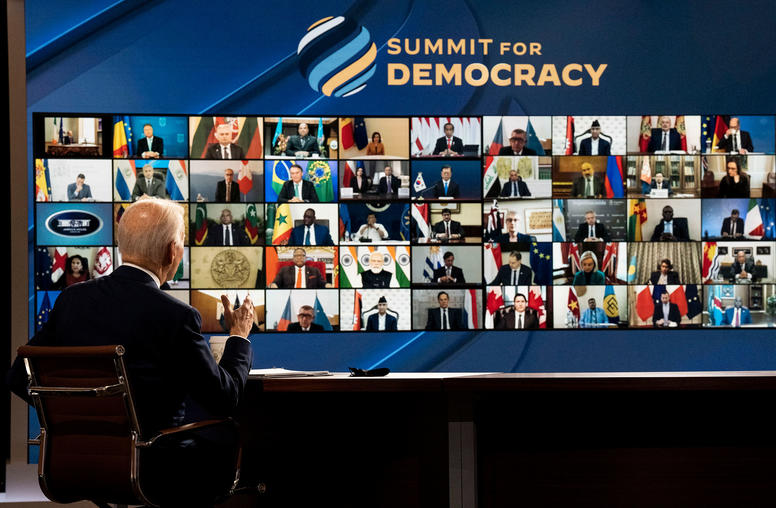
A Global Democratic Resurgence is the Best Path Toward Peace
The longstanding global decline in democratic governance has now reached its 15th consecutive year, with the number of liberal democracies falling from 41 to just 32 in the last decade alone. Consequently, authoritarian tendencies have crept into the spaces once held by democratic institutions, with increased government repression and exclusion fueling further instability and conflict.
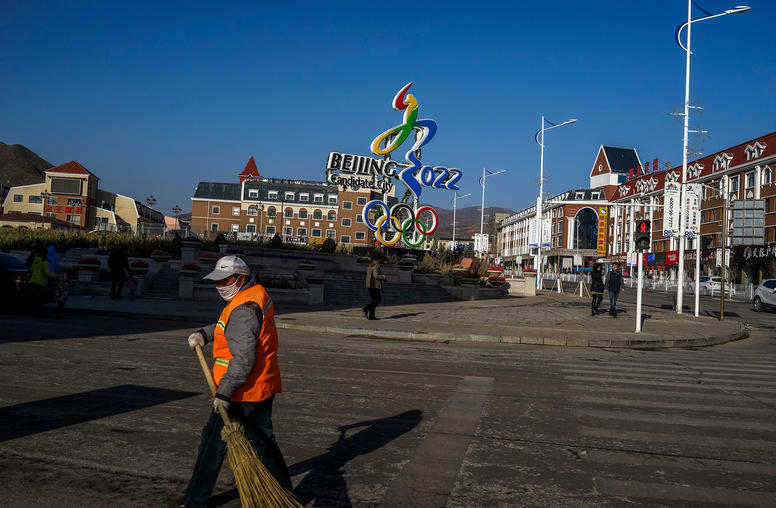
U.S. Diplomatic Boycott of Beijing Olympics: No Longer 'Business as Usual'
On Monday the Biden administration announced it would not send an official United States delegation to the Beijing Winter Olympic Games as a statement against China's "ongoing genocide and crimes against humanity in Xinjiang," as well as other human rights abuses such as in Hong Kong. U.S. athletes will still be allowed to compete in the Games, which start in February. USIP’s Lauren Baillie, Mirna Galic and Rachel Vandenbrink discuss the rationale behind the decision, how the boycott fits into the U.S. strategy surrounding the Uyghur crisis and how China and U.S. allies are responding.
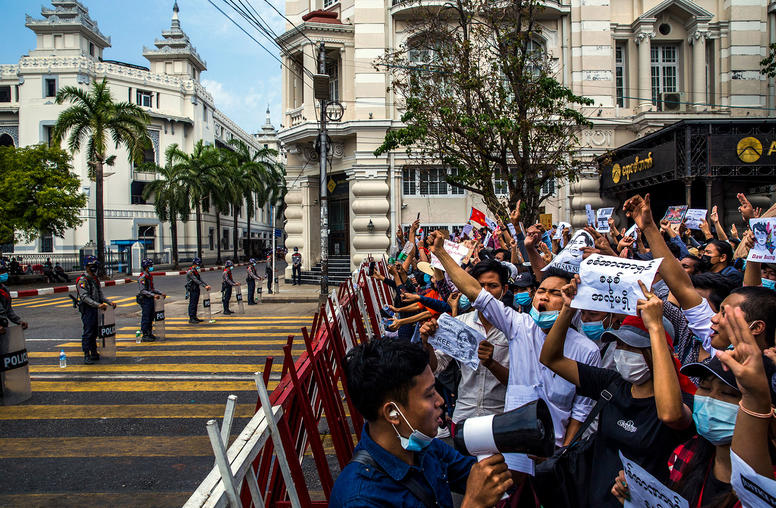
Myanmar Struggles to Reverse a Coup; Democracies Can Help
Few countries this year dramatize more powerfully the need for a global focus on strengthening democracy than Myanmar, now 10 months into a new chapter of military dictatorship and violence following its February 1 coup. Myanmar is a testament to the vulnerability of democracy when armed forces expect no repercussions for brutality and can rely on support from authoritarian governments which will arm, legitimize and finance them. As the United States and partners seek ways to boost democracy in this week’s White House summit, experts on Myanmar offered recommendations for policy.
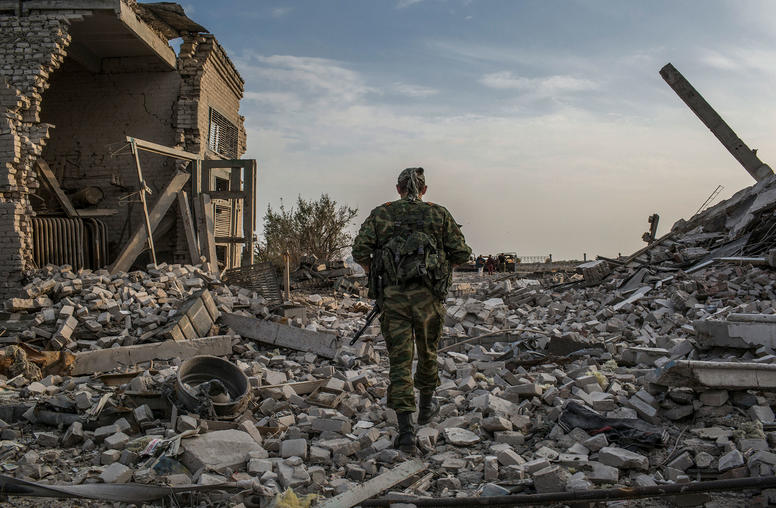
The World and Russia Need to Talk. But Not at Gunpoint.
Russia’s massing of military forces around Ukraine now threatens an invasion by as many as 175,000 troops, perhaps in a matter of weeks. While the United States, Ukraine and the rest of Europe would prefer a diplomatic solution to this crisis, dialogue cannot be at the point of a gun. The West must bolster its defenses and prepare economic sanctions, while showing it is ready to discuss Russia’s fears. But Mr. Putin must stand down his military threat to Ukraine and the rest of Europe before any negotiations.
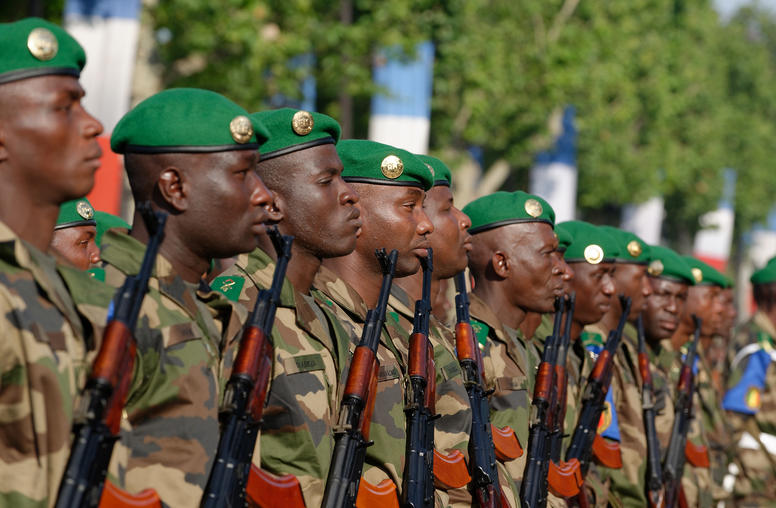
After Two Coups, Mali Needs Regional Support to Bolster Democracy
Amid a 15-year global democratic recession, the Biden administration is convening over a hundred nations this week to revitalize democracy. This comes at a critical juncture, as democracy’s defenders are reeling from the growing challenges posed by authoritarian foes. The West African country of Mali puts these challenges in stark relief, after the country experienced two coups in a year. Underlying the crisis of coups in Mali is a deeper crisis of state legitimacy, which has been exacerbated by Western security assistance overly focused on short-term counterterrorism gains.
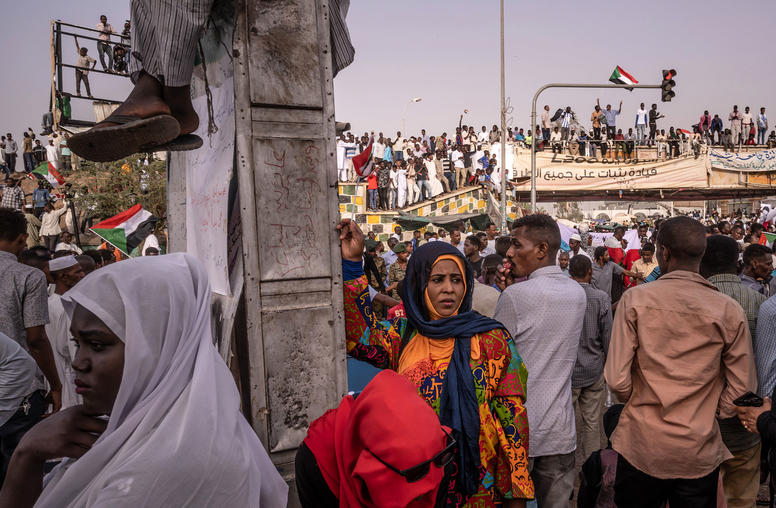
Putting Sudan’s Political Transition Back on Track
Sudan has been ruled by the military for 53 of the 66 years since it gained independence in 1955. On October 25, the military, in a familiar move, seized power throwing into question the political transition that would result in civilian rule. The civilian cabinet was dissolved, its leaders arrested and a state of emergency declared. Coup leader Gen. Abdel Fattah Burhan cited well-worn excuses to justify his actions. Ousted Prime Minister Abdalla Hamdok was later reinstated to lead a technocratic cabinet until elections scheduled for July 2023.
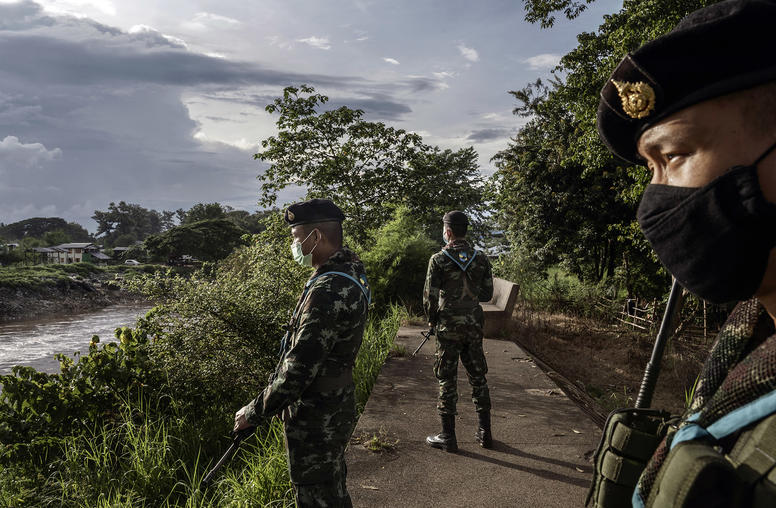
Three Priorities for U.S.-Thailand Cooperation in Myanmar
Secretary of State Antony Blinken was forced to cut short his first trip to Southeast Asia this week, scrapping plans to meet with Thai officials due to COVID-19 concerns. That talks with Thailand, specifically, were put on hold is an unfortunate development. Because while Blinken’s agenda for the trip was wide-ranging, the crisis in Myanmar was at the top of his list. And with a nearly 1500-mile border and close ties with Myanmar’s military junta, Thailand has the greatest stake in Myanmar’s future among ASEAN countries. As the world discusses a strategy for addressing the crisis in Myanmar, Thailand’s potential influence — especially with respect to humanitarian access — could prove consequential.